Resources
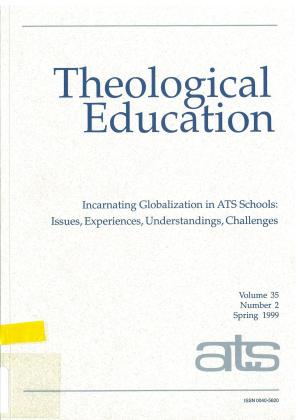
Journal Issue. Full text is available online.
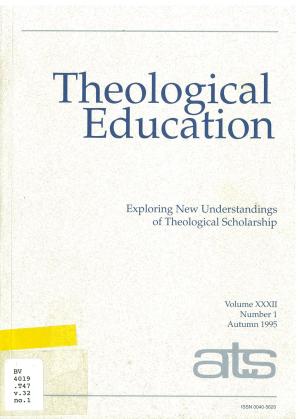
Journal Issue. Full text is available online.
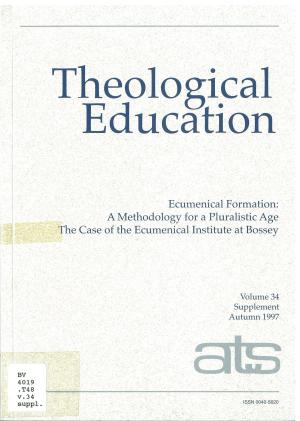
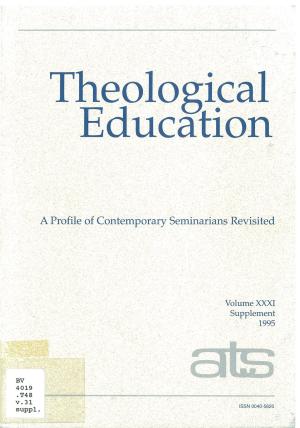
Journal Issue.
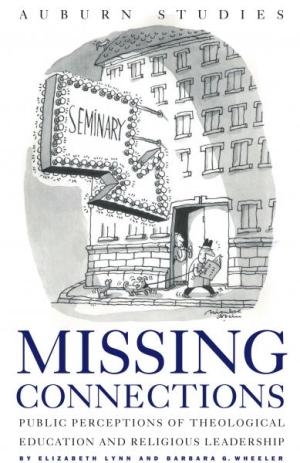
Three themes guide Auburn Center studies of theological education: practices in teaching and learning, the management of institutional resources, and the role of theological education in religious and public life. With this issue of Auburn Studies, we present our first report related to the critical, but complex, reality labeled by our third guiding theme. In the spring of 1998, a research team visited four cities to interview leaders in all sectors of society--business, politics, education, religion, community service, philanthropy, and others--about perceptions of religious leaders and their training. What does the public think about theological education and the religious leaders that seminaries train? People interviewed for this study consider seminaries invisible institutions that produce leaders who offer little civic or public leadership. Most thought this lack of public involvement a missed opportunity, but we heard no consensus about what an increased religious presence in public life would mean. (From the Publisher)
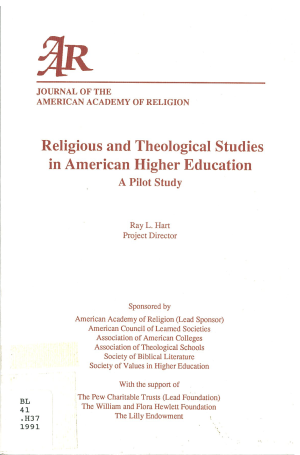
Journal Issue.
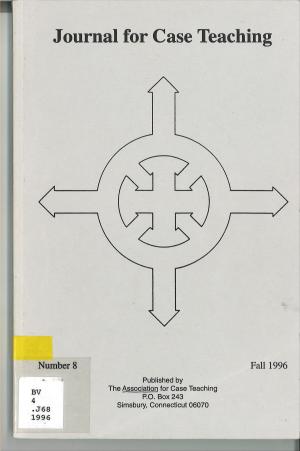
Journal Issue.
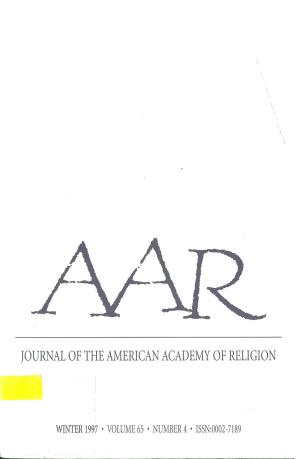
Journal Issue.